Marie Cocco: Colin Powell’s Complicity
A new biography makes you long for an act of conscience that is so out of style it seems quaint: the principled resignation.WASHINGTON — This is quite the season for political tell-alls.
First came Bob Woodward with another behind-the-scenes account — this one a more critical look at the Bush war machine than earlier efforts by the famous Washington Post journalist. The familiar Woodward technique, in order to portray the intrigue that entangles every White House, is to use insiders who want to spin their own leaden records into gold or turn their stilettos upon bureaucratic rivals.
Just the other day, an otherwise unknown former White House aide named David Kuo turned up on CBS’ “60 Minutes,” hawking his own account of life in the Bush White House. Kuo seems to have been shocked — shocked — that Bush’s signature faith-based initiative amounted to a public-relations slogan for doling out grants to Christian conservative groups that were to return the favor by providing grass-roots support and flattering campaign photo ops for President Bush and other Republicans. Now, many of us tended to see the faith-based initiative as a modern-day version of old-time politics, when big-city ward heelers would go around with turkeys and other goodies for shopkeepers, priests, cops and other denizens whose political loyalty they saw a need to secure. What’s so surprising about turning those turkeys into cold, hard cash?
You can, perhaps, forgive Kuo for his naivete. But Colin Powell?
The former secretary of state emerges in Karen DeYoung’s authorized biography, “Soldier: The Life of Colin Powell,” as a witting accomplice to the worst impulses of a president who leads by ideology, instinct and acquiescence to a coterie of senior advisors who bully to get their way.
DeYoung provides a hint of Powell’s unflinching ability to swallow the distasteful early on, when the incoming administration of George H.W. Bush chose Dick Cheney to be defense secretary and was pursuing Powell to become chairman of the Joint Chiefs of Staff. Powell had disdain for Cheney’s draft avoidance during the Vietnam War, and knew that Cheney had undercut a friend, Richard Armitage, when Armitage was attacked by conservatives. But, DeYoung tells us, “Powell had no intention of letting his personal doubts about Cheney stand in the way of his career.”
So it went as Powell climbed the ladder, winding up finally as George W. Bush’s secretary of state — after “no vetting” and “no deep policy examinations” and, apparently, without even an explicit invitation to join the new president’s Cabinet. Immediately, Powell was blindsided by the White House, which undermined his early comments on continuing a dialogue with North Korea about its nuclear program and on finding some way to accommodate the world’s demands for curbing global warming.
Powell would go on to silently acquiesce in the abandonment of the Geneva Conventions for the treatment of detainees and, most famously, to deliver his crucial U.N. speech promoting the Iraq war — an address based on what we now know to be grossly flawed intelligence about Saddam Hussein’s weapons of mass destruction. This, from a man who had defended the first President Bush’s decision not to depose Saddam after the Gulf War: “Had we done that, we would have gotten ourselves into the biggest quagmire you can imagine trying to sort out 2,000 years of Mesopotamian history,” DeYoung quotes Powell as saying in a television interview a year after the first conflict ended.
All of this makes you long for an act of conscience that is so out of style it seems quaint: the principled resignation.
A handful of Bush administration figures have fled the madhouse, most notably former Environmental Protection Agency chief Christine Todd Whitman. She said all the right things publicly. But later, Whitman let it be known she was exhausted from endless battles with hard-right conservatives. Last year two senior Food and Drug Administration officials resigned, citing their objections to the politics that infested the administration’s delay in approving over-the-counter sales of emergency contraception.
But no departure of a senior or mid-level aide, or the quiet leave-taking of a disappointed young acolyte, could possibly achieve what Powell might have accomplished had he resigned on principle during Bush’s first term. He could have done so in 2002 — already there was a long list of grievances. He could have left before the Iraq invasion got underway, perhaps saying the newly readmitted international weapons inspectors should be given longer to do their jobs. He might have worked with senior congressional Republicans to defuse the time bomb Bush had brashly lit.
Would history be different if Powell had stood tall and walked out? We cannot know. But it surely would have had more weight than the thickest kiss-and-tell tome.
Marie Cocco’s e-mail address is mariecocco(at symbol)washpost.com.
Your support matters…Independent journalism is under threat and overshadowed by heavily funded mainstream media.
You can help level the playing field. Become a member.
Your tax-deductible contribution keeps us digging beneath the headlines to give you thought-provoking, investigative reporting and analysis that unearths what's really happening- without compromise.
Give today to support our courageous, independent journalists.
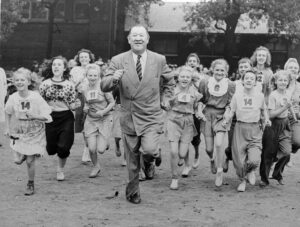

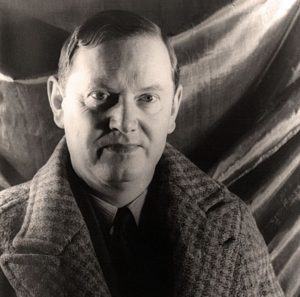
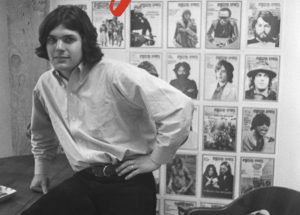
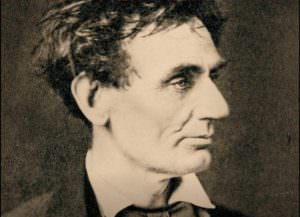
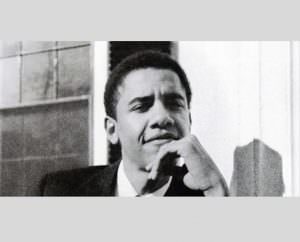
You need to be a supporter to comment.
There are currently no responses to this article.
Be the first to respond.